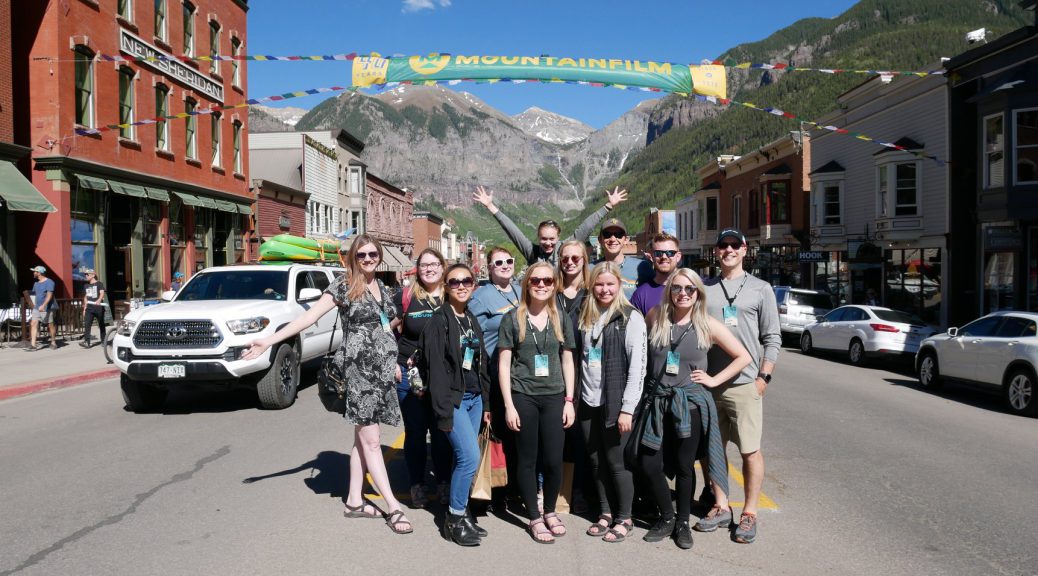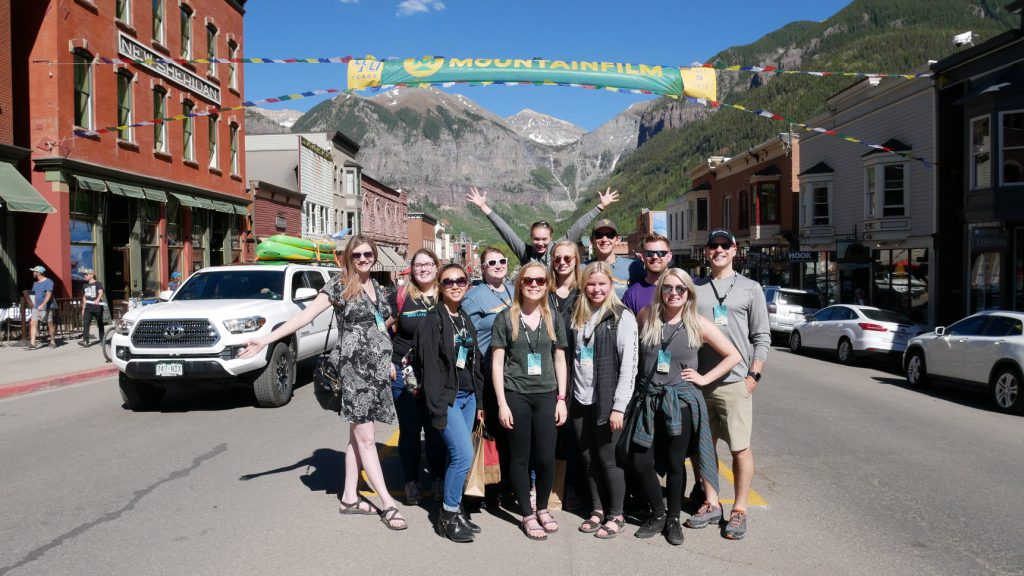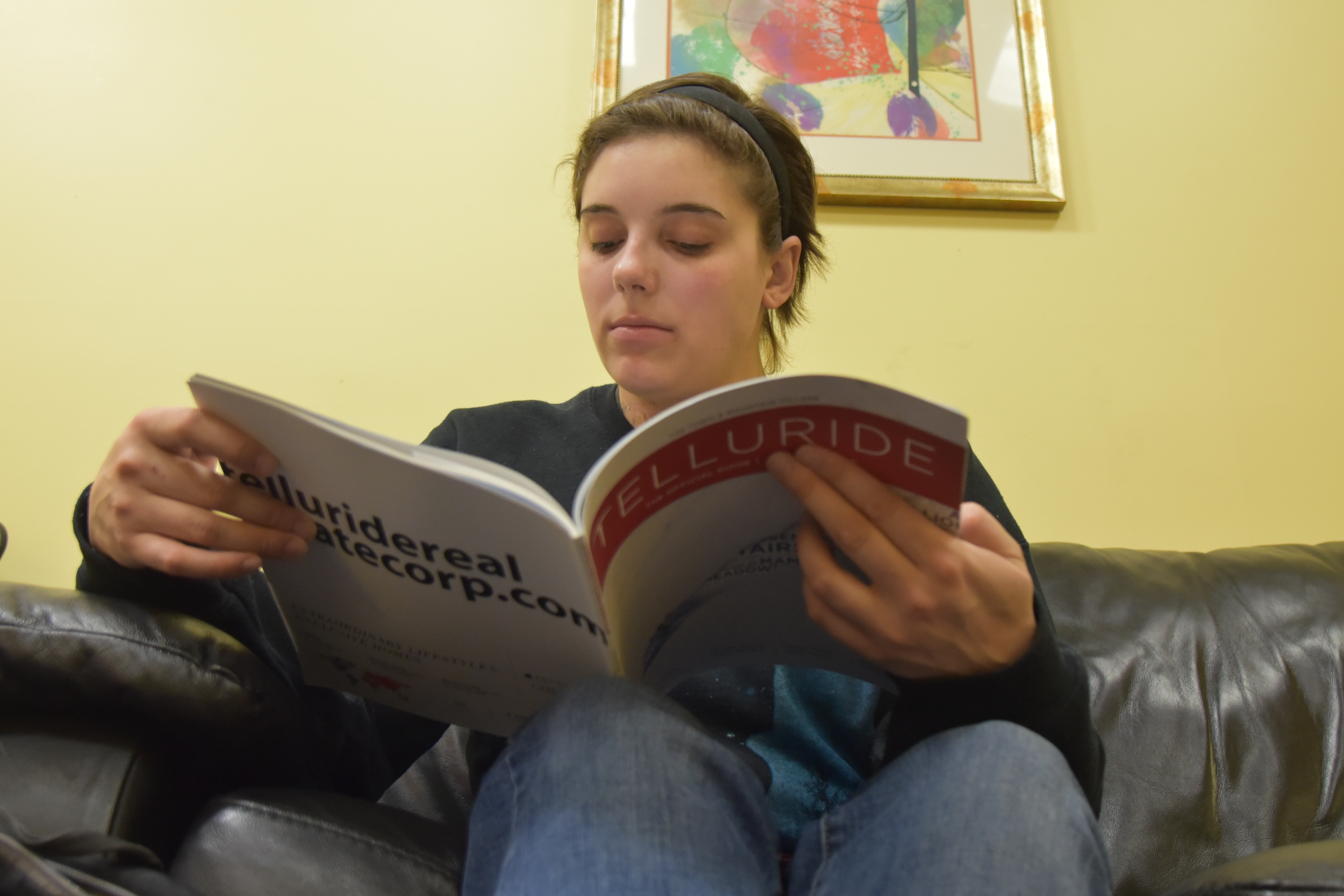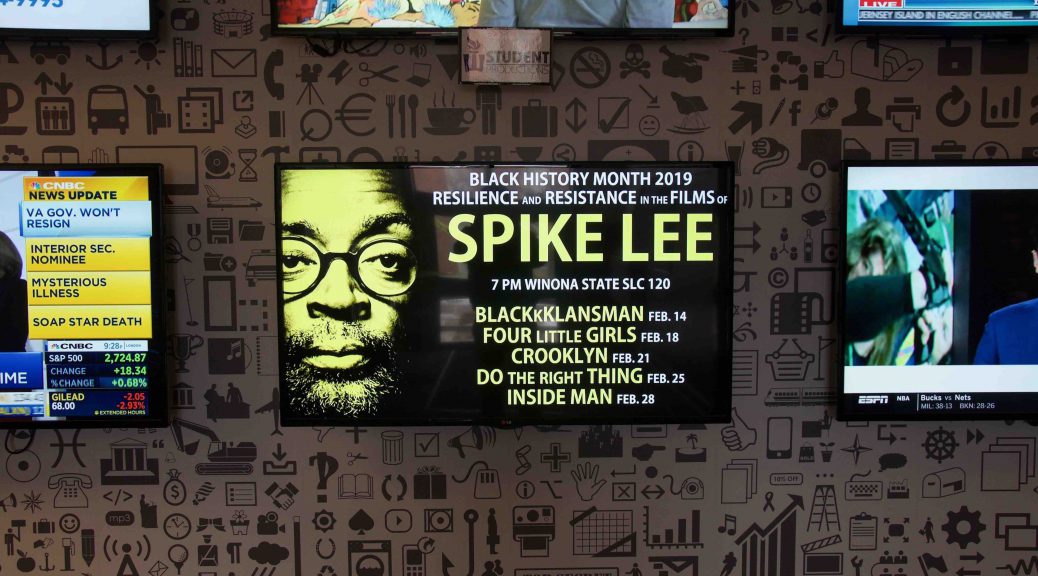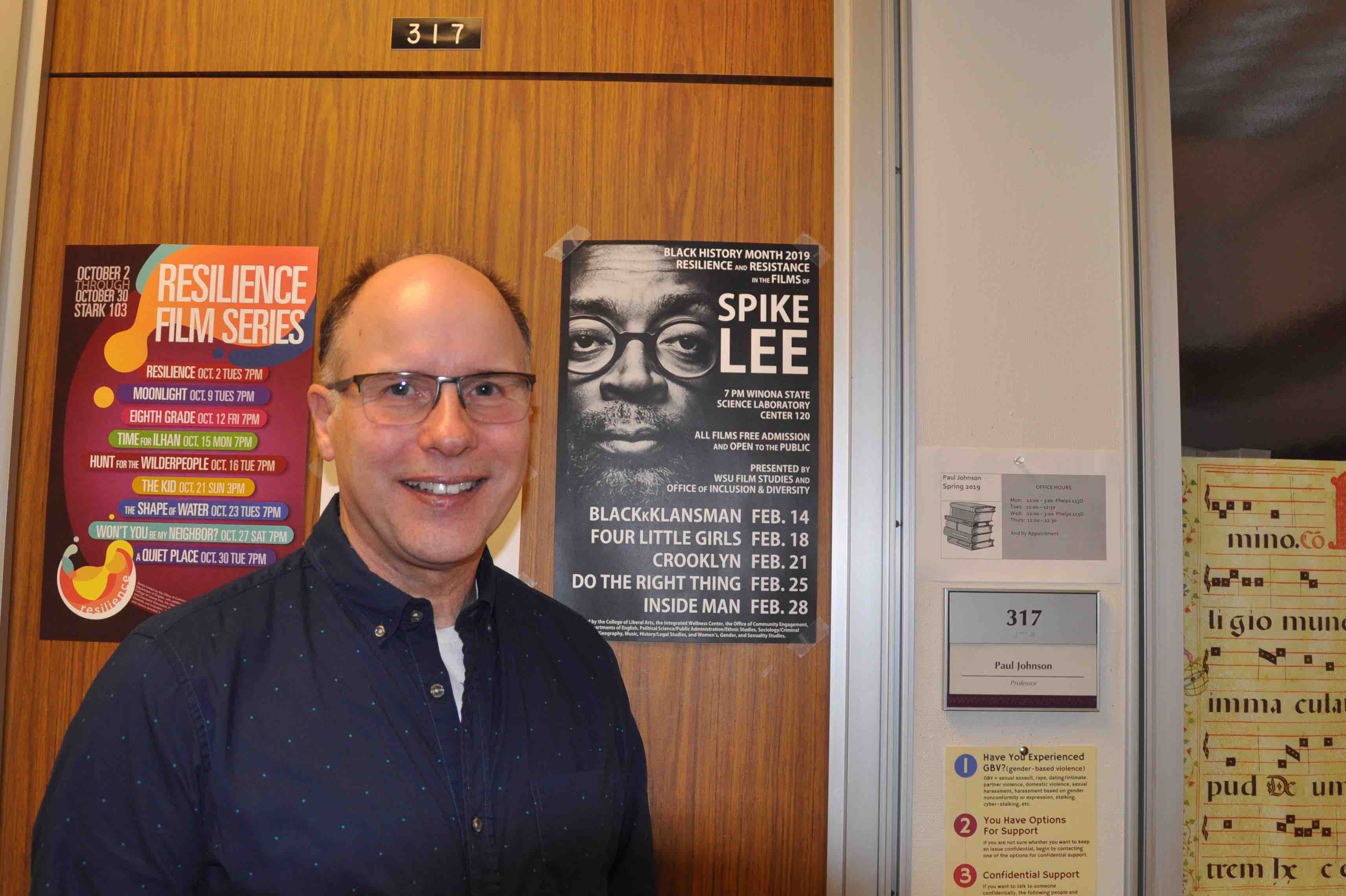The Frozen River Film Festival is a year-round program in Winona that showcases the art of documentary film, which happens every February of the year. The festival’s mission is to engage, educate, and activate the community to become involved in the world. Some films may not be available through other media, making them special for providing a unique perspective on environmental issues, sustainable communities, sports, adventure travel, and diverse cultures.
Before the COVID-19 pandemic, the FRFF happened face-to-face with workshops and forums. This year it was all virtual via on-demand streaming. The FRFF group believes their filmmaking workshops and forums inspire local filmmakers to improve their craft. These types of events often feature world-class filmmakers who share skills and inspiration to the public, providing a learning opportunity from each other.
The documentary films feature exciting stories, interviews, and various perspectives on current affairs. The films encourage the public to learn more about an issue, volunteer with an organization, and help financially support a cause they believe.
Eileen Moeller, managing director of the FRFF, explained the festival was created by members of Theatre du Mississippi as an annual event where volunteers brought sets from Mountainfilm Festival in Telluride to Winona.
“There was an interest in documentary films and by collaborating with an existing film festival, volunteers were able to bring exceptional documentary film programming to Winona,” said Moeller.
The event was popular and eventually took on a life of its own and was able to become a separate entity from Theatre du Mississippi.
This was the Festival’s 16th year. Over recent years, the organization has worked to expand beyond the usual one-week festival and offer more throughout the year.
Moeller said the virtual festival was a success and a great way to reach people in a way that felt comfortable, safe and accessible. For her, the big difference this year, besides being online, was that people were able to see far more films than they typically would on a weekend, as there was more time to watch them.
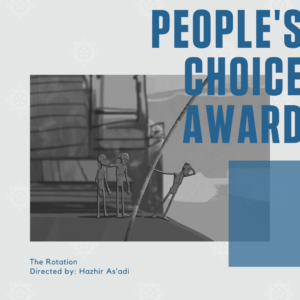
The FRFF partners with Winona State University and its students. “We had great engagement from students this year, but we always hope for more, especially since this event happens on the WSU campus and students can get in for free” said Moeller
According to Moeller, the process for the 2022 festival has already begun. The film submissions opened on Feb. 15. Already, seven films have been submitted. Those will be reviewed and as more films get submitted, they will continue to review them and start to brainstorm.
J Paul Johnson, a film studies professor at Winona State University, attended the FRFF regularly since its beginning and partnered with the festival for years. Besides introducing films and supervising internships, Johnson served as a jury member both this year and others.
Johnson said he thinks the Frozen River Film Festival is a boon to the artistic, creative and social community of Southeast Minnesota and Winona State students. According to him, WSU film studies majors and minors volunteer at and intern with the festival, and this year, seven students had their work featured in the festival.
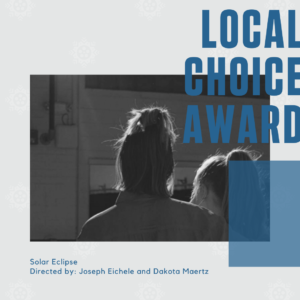
Johnson’s advice to students is to take a chance and enjoy the films.
“Let the films show you what they do,” said Johnson. “Every one of them will have its own charm and purpose, whether short or feature-length, local or global, small-scale or epic. You won’t be disappointed!”
The FRFF group misses gathering together with the public, but as Moeller says, the “warmth of Winona” is not always about being in the same space together.
For more information visit https://www.frff.org/

